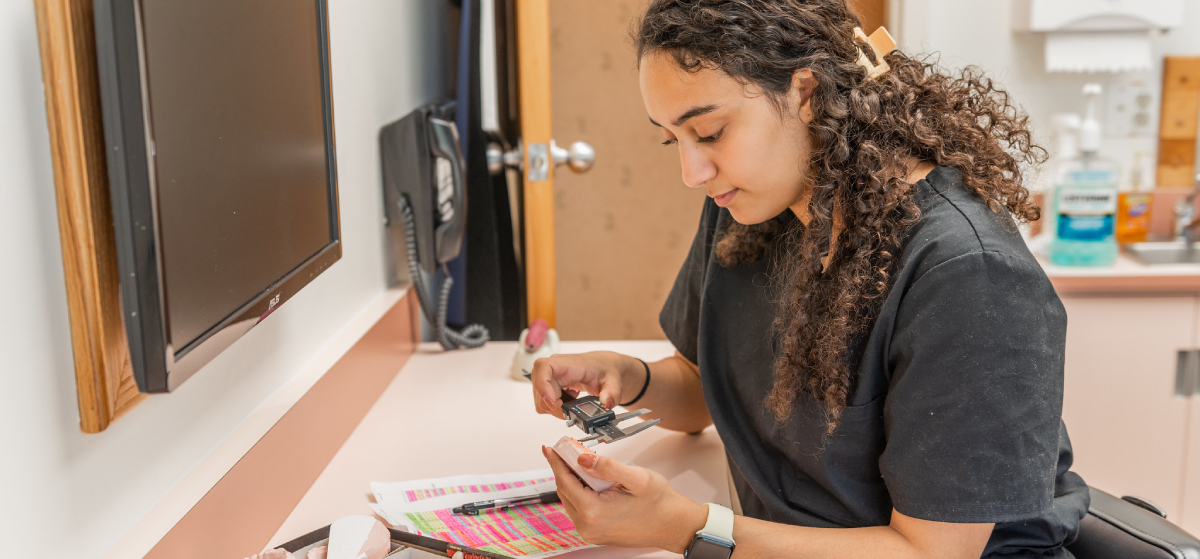Biology Program Details
The Bachelor of Science in Biology is a multidisciplinary program combining rigorous foundations in biology, chemistry, and physics. This integrated program emphasizes real-life experiences; laboratory experiences and an internship research project with a faculty mentor, or participation in student teaching provide you with state-of-the-art lab skills and experience in a research, allied health, or teaching environment.
A core set of courses introduces the basic concepts of life science and the fundamentals of biological processes and the diversity of organisms. A subsequent series of courses provides a broad biological base for advanced work in specific concentration areas, including Biological Sciences, Pre-Dentistry, and Pre-Medicine.
You’ll also participate in a Senior Seminar course, in which you’ll write a short thesis based on either laboratory-based or library-based research.
Employment Outlook
The Biology program is designed to prepare you for a career in science, in the allied health fields, including physical therapy, occupational therapy and pharmacy, entry-level placement in pharmaceutical and biomedical research laboratories, or in teaching. The program will also prepare you to continue your studies in graduate, medical, and professional schools.
Program Highlights:
- Major or minor option
- Customizable major with one of these tracks: Biological Sciences, Health Science, Pre-Dentistry, and Pre-Medicine
- Small class sizes as well as direct support and advising from full-time faculty
- Specialized career development programming
- Hands-on experiential learning beginning in the first semester
- Research/internship experience
- Opportunities for presentations at regional and national conferences and publication in peer-reviewed journals
- Opportunities for service
- Affilate agreements with professional schools for continued education
Skills Learned
- Understand foundational biological, chemical, and physical science concepts, as emphasized in the core science course requirements
- Apply the scientific method and possess problem-solving skills necessary to design, conduct, and troubleshoot experiments and to test a hypothesis
- Read, understand, and critically review scientific papers and interpret and analyze data presented in various forms (e.g., graphs, tables, narrative) using critical-thinking, analytical, and quantitative skills
- Present scientific ideas to multiple audiences using the accepted format of the discipline using written and oral communication skills
- Gain entry into the science workplace and/or graduate/professional schools utilizing a basic proficiency in computational skills, lab techniques, and use of technology
